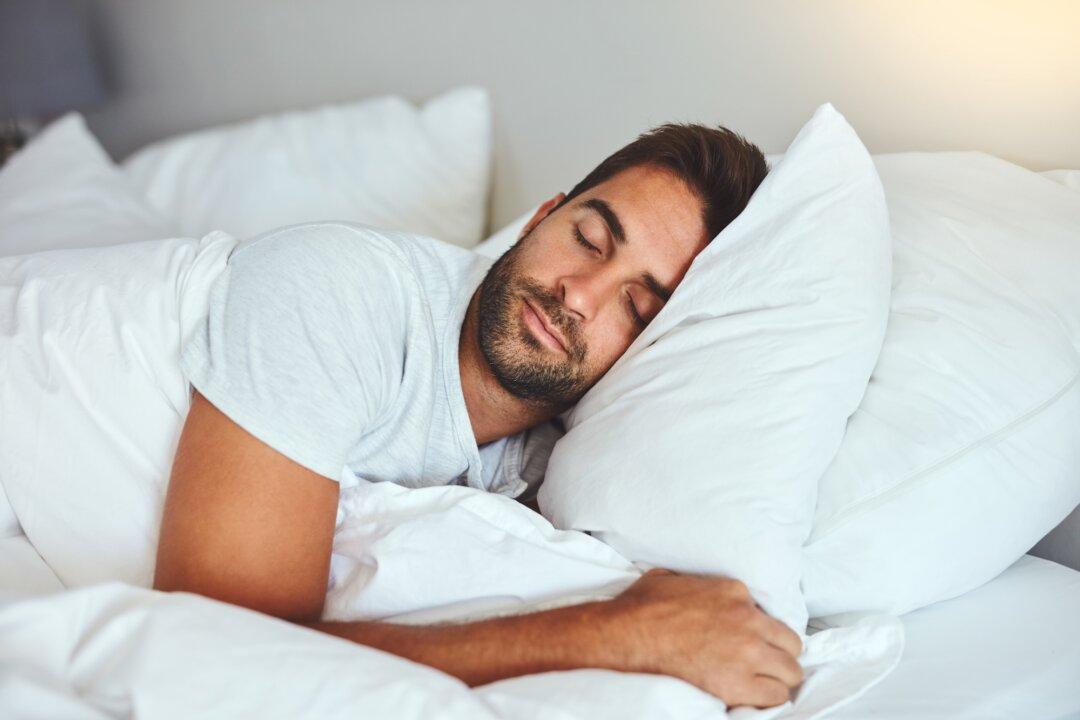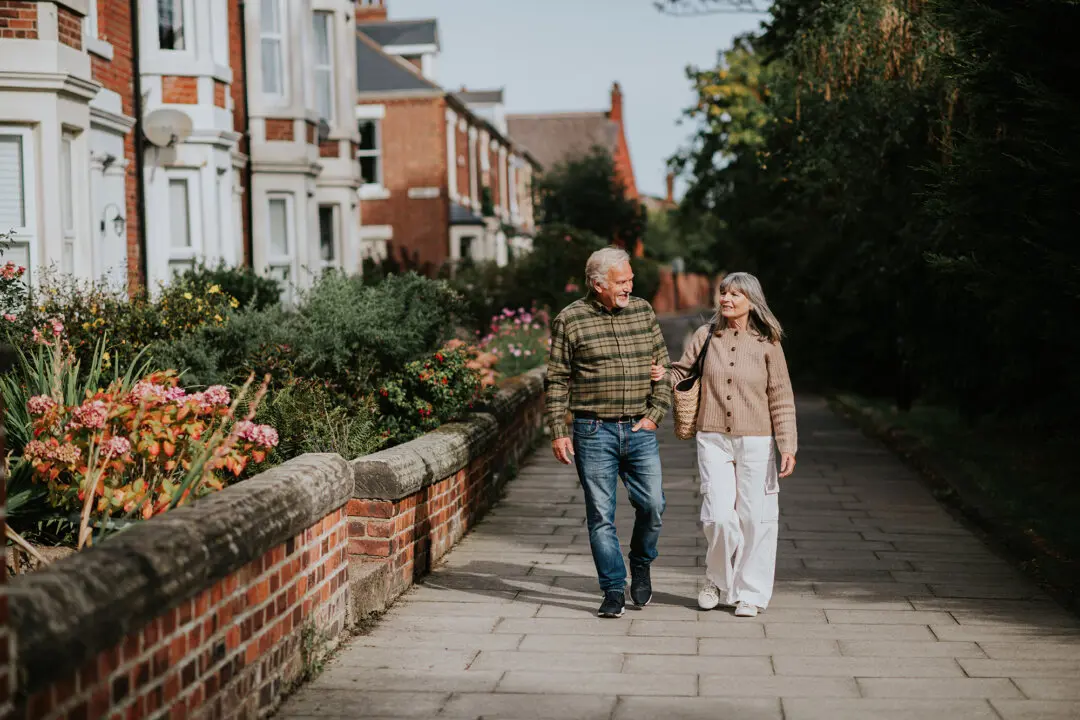Our ancestors certainly didn’t have trouble getting to sleep like we do these days. That’s because they were usually dog-tired from working the farm, tending the wood- or coal-fired stoves, grooming the horses, or walking into town for supplies.
These days, we’re tired too, but we have so many stressors that our ancestors didn’t have to deal with that it seems like everyone has trouble sleeping. I haven’t met anyone, young or old, who says, “I sleep like a baby.”






